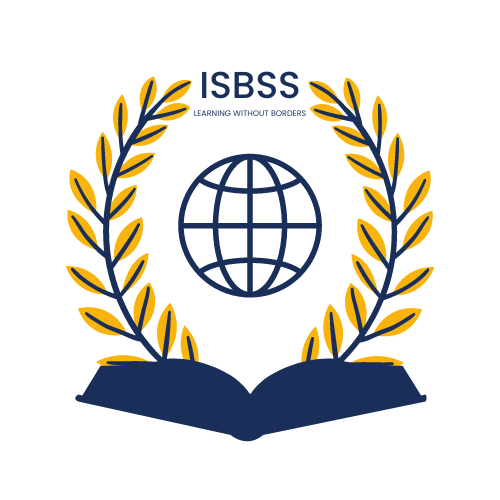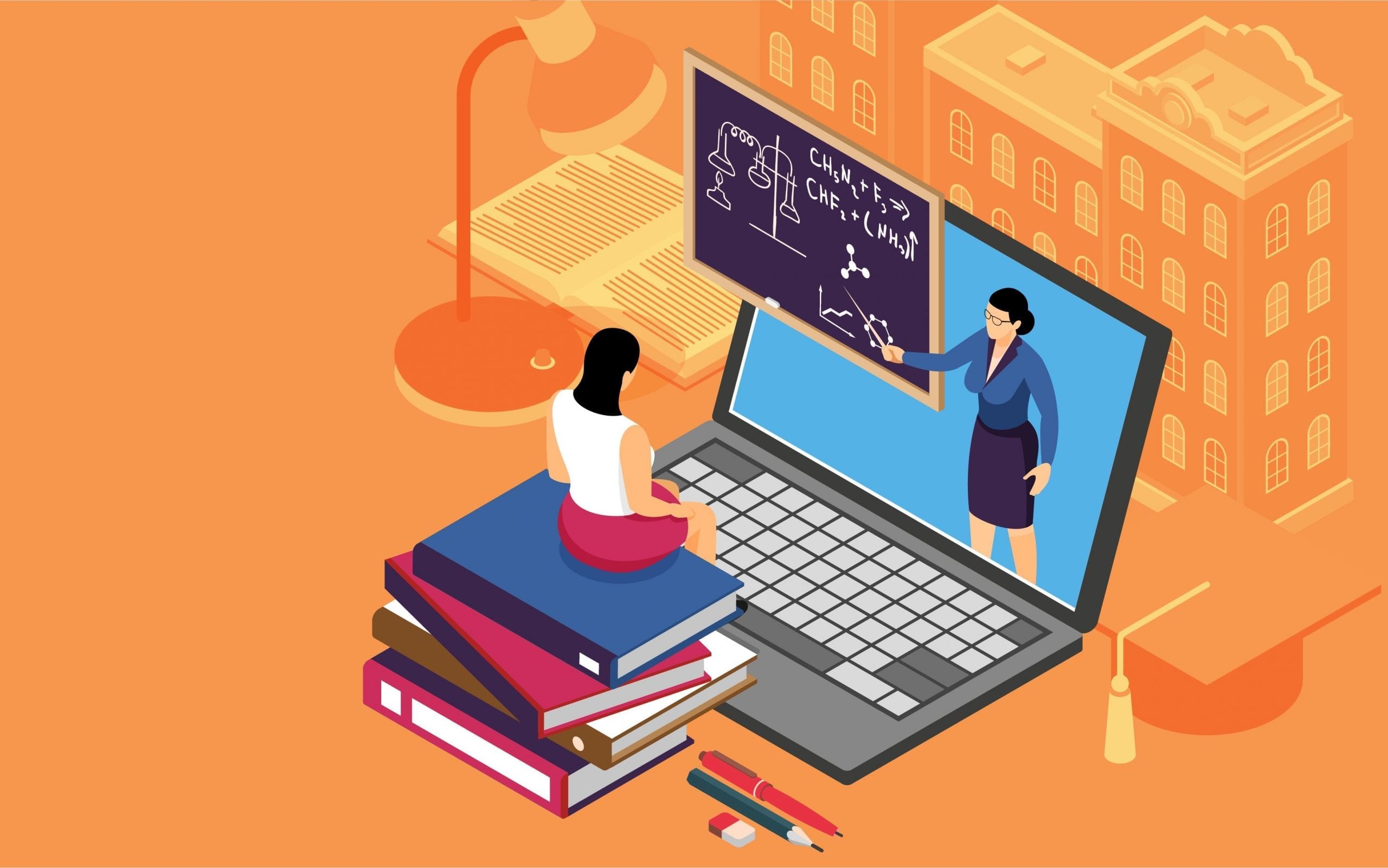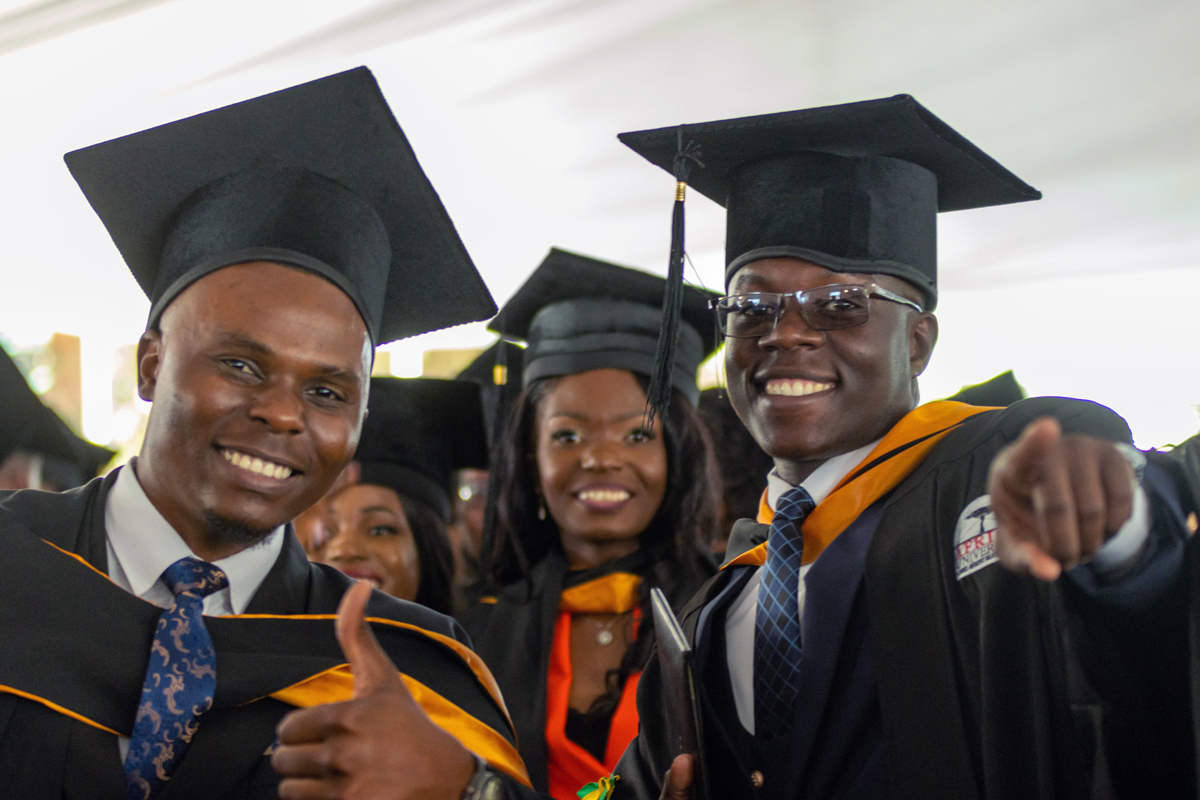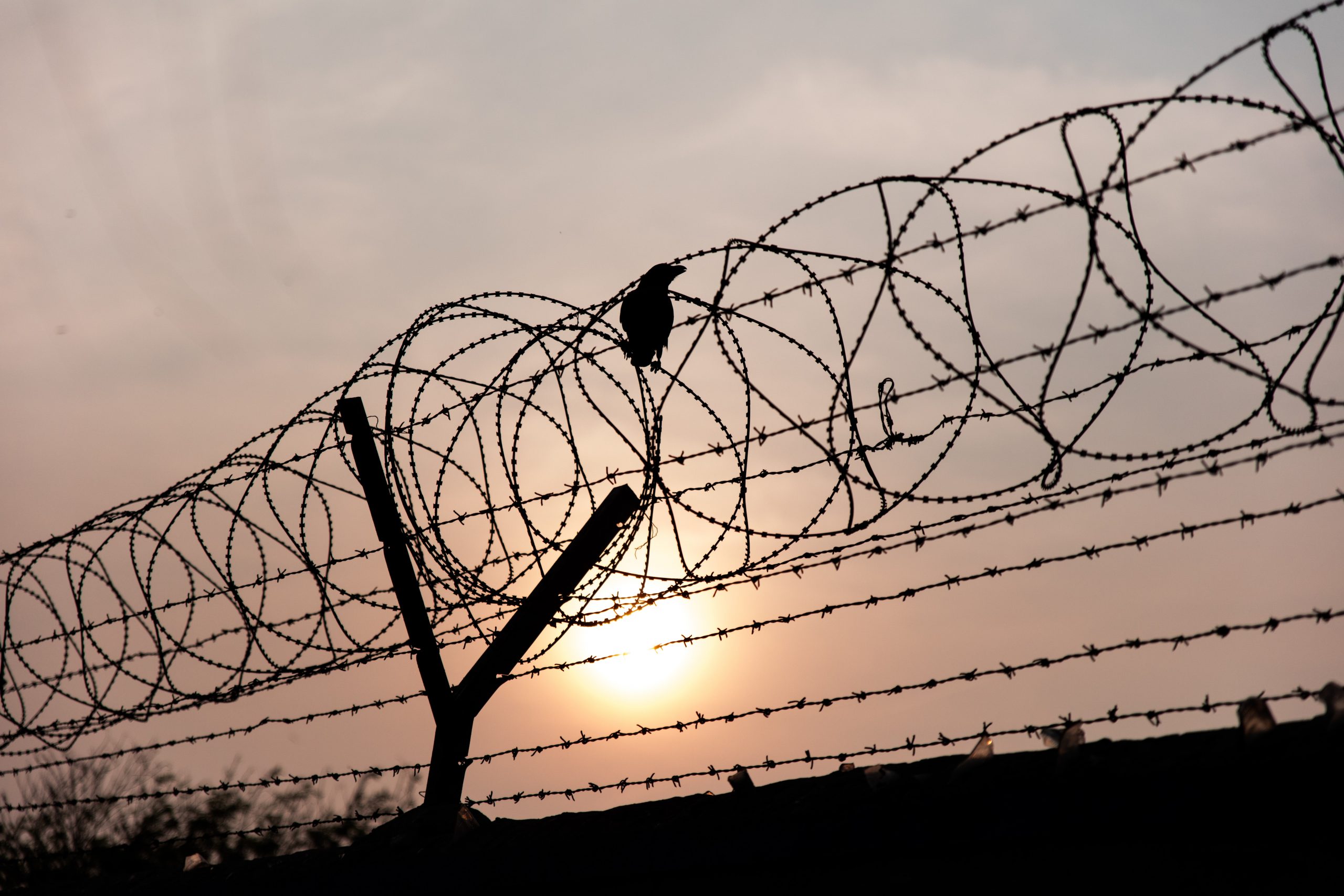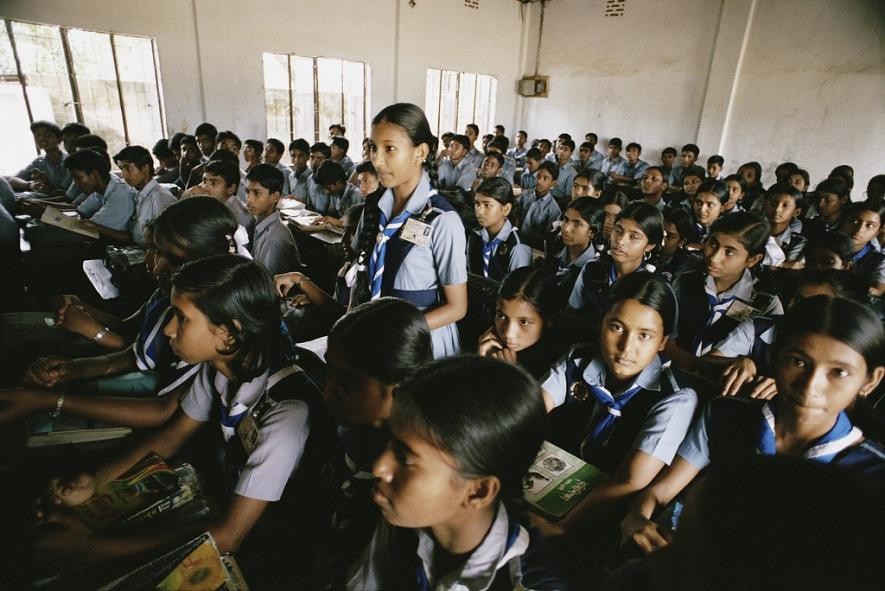Dans un monde professionnel en mutation, la formation traditionnelle seule ne suffit plus. Aujourd’hui, l’apprentissage hybride – combinant enseignement classique, cours en ligne interactifs et ateliers pratiques – ouvre de nouvelles perspectives. Cette approche personnalisée permet aux apprenants d’acquérir des …
In the fast-paced and ever-evolving landscape of today’s professional world, conventional pathways to success are becoming increasingly rare. Traditional degree programs, once the gold standard of educational attainment, are now only one piece of the puzzle. The rise of blended …
In an era of rapid digital transformation, education remains a fundamental tool for promoting social inclusion. However, millions of individuals worldwide face barriers to quality education due to socioeconomic status, geographic location, disability, and systemic inequalities. The rise of online …
As the world becomes increasingly digital, education remains a crucial factor in determining economic opportunities. However, the digital divide continues to limit access to quality education, reinforcing economic disparities between developed and developing regions. Many individuals lack the internet access, …
In a world where technology increasingly shapes access to knowledge and opportunities, the digital divide remains a major barrier to equal opportunities. While some benefit from an education enriched by advanced digital resources, others are left behind due to limited …
The Global Education Crisis: Why It Matters Education is often seen as the foundation of success, innovation, and economic progress. But what happens when millions of young people around the world are denied access to quality education? The impact extends …
In a constantly evolving world, job markets are becoming increasingly dynamic and demanding, thus, challenging the rigid and inadequate curriculum too often offered to students in institutions around the world. Traditional education struggles to keep up with these rapid changes, …
Education should open doors. Yet for many students in developing countries, their degrees often do the opposite, limiting opportunities rather than expanding them. With qualifications that lack international recognition and limited pathways to global careers, millions of graduates find themselves …
Education should be accessible to all, yet rigid systems exclude millions of potential learners—especially working professionals, rural students, and women. Traditional education models assume full-time availability, financial stability, and physical presence, making it difficult for many to participate. Barriers to …
Higher education is often seen as a gateway to better job opportunities, but for many students in developing regions, degrees fail to provide international mobility. Without global accreditation, many graduates find themselves locked out of multinational job markets. Limited Accreditation …
